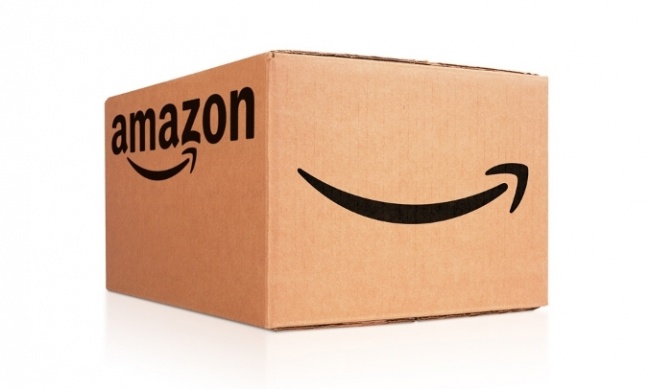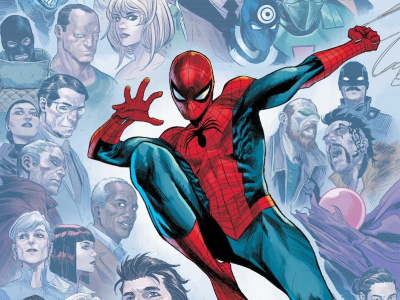All search roads lead to Amazon. According to CNBC, Amazon has recently passed Google to become the top starting point for searches related to shopping and products. The analytics firm BloomReach found that around 55 percent of the 2000+ consumers they surveyed begin their online shopping searches on Amazon (up 11 percent from 2015), compared to only 28 percent who begin on a traditional search engine (down from 34 percent last year).
Even those who start looking elsewhere eventually come back to Amazon: 90 percent report checking prices or selection there before completing their purchase. A staggering 94 percent of respondents expect to do some holiday shopping on the site, looking to maximize their annual Amazon Prime memberships.
That said, Amazon still has trouble closing the deal. A majority of respondents in the BloomReach survey believe Amazon’s online competitors do a better job with their website and product recommendations, and 20 percent have concerns about counterfeit products.
Amazon has warehouses too, but they don’t make you shop in them. All this spells trouble for the company’s competitors in the retail space. The investment site Seeking Alpha believes that even allegedly “Amazon-proof” membership clubs like Costco and Sam’s Club are starting to feel the bite of Amazon Prime, citing reports showing “massive growth” in sales of Amazon Prime memberships to households who pay for Costco and Sam’s Club.
Warehouse clubs have managed to keep Amazon at bay by offering deep discounts on industrial-strength quantities of staple food and household items. In essence, the warehouse retailers pass the costs of storing the products on to their customers by selling in unit sizes much larger than the average household usually buys at retail, in exchange for a lower price.
This model locks them in to a low-margin business that makes delivery service impractical. Meanwhile, Amazon’s distribution centers are creeping like kudzu across the continent: roughly 44 percent of the US population now lives within 20 miles of a delivery station, up from 7 percent in 2012. This has made one-day, same-day and Amazon Prime-included two-day shipping a reality for more and more shoppers, many of whom would gladly give anything to avoid a trip to the warehouse store.
Is there an Echo in here? Finally, as reported last week, Amazon is so eager to put their Echo voice-activated devices into customers’ hands that they are even willing to open physical locations in shopping malls (see “Amazon Gets Physical With Aggressive Pop-Up Store Strategy”). Ostensibly a “home automation solution” that includes features for controlling lights, media, electronics and a security system, the Echo also makes it easy to order anything from the mother-ship just by asking for it. Think of it as a live-in butler who’s also your crack dealer. What could possibly go wrong with that?
Random Programming Plug. If you are planning to attend the ICv2 Insider Talks and Happy Hour this week at New York Comic Con, I’ll be sharing some new data on the convention business and looking at some cool new technologies for digging deep into who’s going to cons, what they like, and how organizers, exhibitors, publishers and attendees can figure out which shows are best for them. If you’re wondering whether the industry can support 3-4 megashows every weekend throughout the summer, and 5-7 major shows per year in some markets, this might provide some answers. Most of all, I’ll be interested to hear from you about what data we need to better understand the space.
Anyway, I’m excited to join award winning graphic novelist Vivek Tiwary, legendary editor Karen Berger, and ICv2’s fearless leader Milton Griepp for this fun event. I hope to see you there!
The opinions expressed in this column are solely those of the writer, and do not necessarily reflect the views of the editorial staff of ICv2.com.
Rob Salkowitz (@robsalk) is the author of Comic-Con and the Business of Pop Culture.









